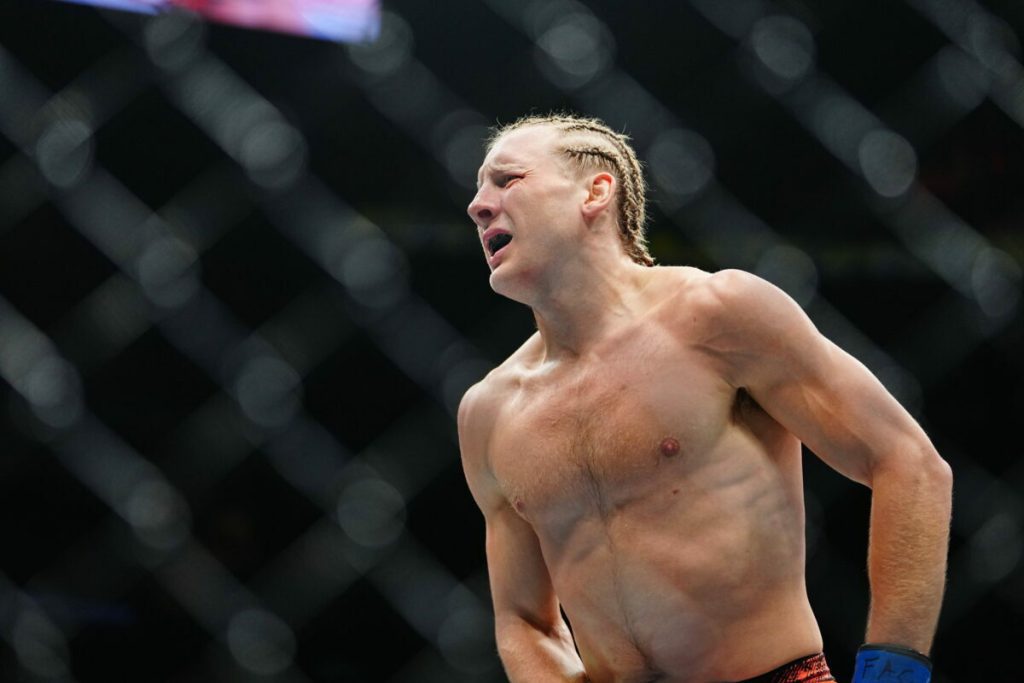Paddy Pimblett may be loud and chaotic, but he doesn’t rely on a championship belt to attract attention; his talk is enough.
In an arena populated by Conor McGregor clones, he’s the only one who grasps the crucial element: humor. While others imitate McGregor’s walk and swagger, they often forget to include the laughter. At his peak, McGregor could insult opponents while still evoking laughter, transforming conflict into entertainment.
Paddy Pimblett: Understanding the McGregor Formula
Since McGregor’s ascent, many fighters have attempted to embody his persona, mimicking his rhythm and insults. However, they overlook that McGregor was not just a braggart—he was genuinely funny. His press conferences felt like stand-up routines cloaked in mind games, filled with cleverness that made his attacks entertaining.
This is what distinguishes Paddy Pimblett from those trying to replicate McGregor. He doesn’t aim for poetic profundity regarding pain; he simply revels in the moment. When he jabs at rivals like Islam Makhachev or Ilia Topuria, it feels spontaneous rather than rehearsed, as if he can’t resist delivering a good line.
Humor Resonates Deeper
While other fighters can be funny in relaxed settings, like Islam Makhachev cracking a joke, they often revert to serious tones when the cameras roll. In contrast, Paddy Pimblett embraces a genuine persona, ensuring that his interviews and face-offs resonate long after the bout is over. He recognizes that a dynamic personality travels further than mere strength.
Entertainment is Key for Fans
Some within the MMA community insist they only value skill, claiming titles and methods are what matter most. However, the sport’s popularity surged not from a deep analysis of techniques but from its vibrant, lively nature. Memorable moments—like Chuck Liddell’s intense stare or Chael Sonnen’s outrageous remarks—combined danger and theatrics, captivating audiences.
Paddy Pimblett’s Unique Balance
Paddy Pimblett adeptly blends humor and authenticity. When he takes jabs at Islam, he’s not constructing a façade as a serious contender; he’s simply engaging in lighthearted banter, something that fans do casually. He brings this audience interaction to the screen, reaching millions.
His ability to express fandom from inside the cage is compelling. People enjoy his presence, regardless of agreement. Pimblett shatters the norm, appearing relatable amid a sea of polished performances, reminding audiences that MMA can be both an art and an entertainment spectacle.
While he may not possess the same dominance as Islam or striking finesse as Topuria, every era needs a figure like Paddy who can inject humor and joy into the often serious realm of combat sports.



